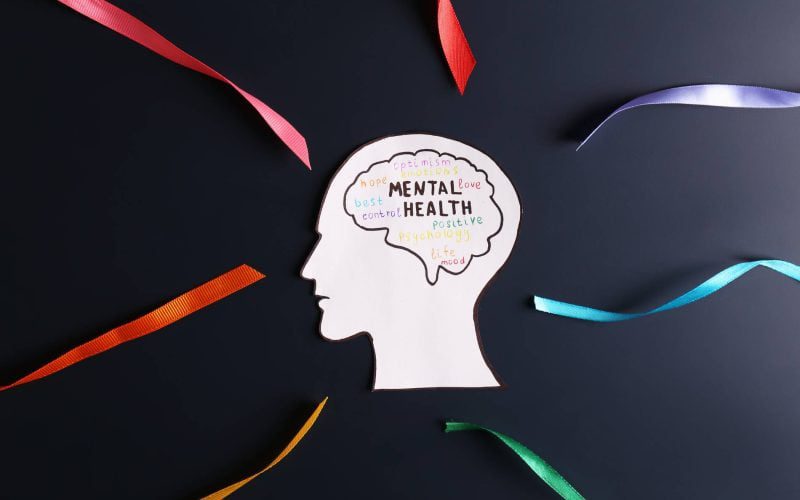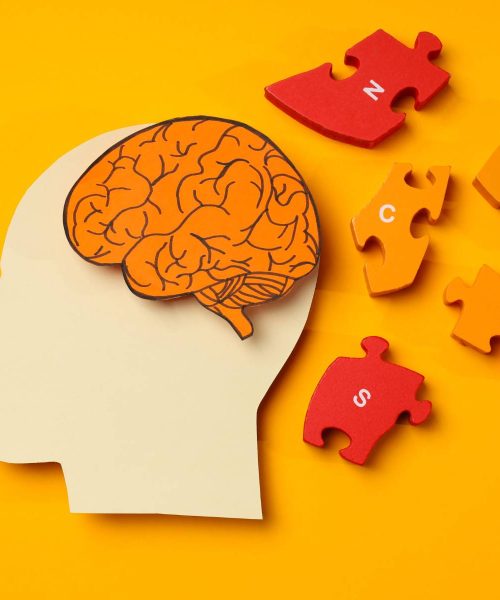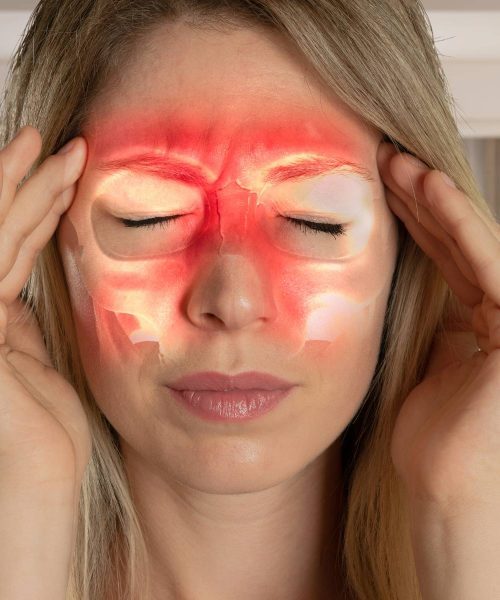Introduction
In this comprehensive guide, we delve into the profound link between mental health and physical well-being, highlighting the importance of nurturing both aspects for optimal overall health. Explore the intricate relationship between mental and physical health, understand the impact of each on the other, and discover practical strategies to promote well-being. Let’s embark on a journey towards holistic health and embrace the power of a balanced mind and body.
The Interconnection of Mental and Physical Health
Mental and physical health are deeply intertwined, with each influencing the other in significant ways. Scientific research has consistently shown that mental well-being can have a direct impact on physical health, while physical health conditions can also affect one’s mental state. By recognizing and nurturing this powerful connection, we can achieve greater overall wellness and lead fulfilling lives.
The Impact of Mental Health on Physical Well-being
Stress and its Effects on the Body
Stress is a common experience that, when prolonged or intense, can have detrimental effects on physical health. Chronic stress can lead to high blood pressure, weakened immune function, digestive disorders, and cardiovascular problems. It is essential to manage stress effectively to reduce the risk of developing these physical conditions.
Emotional Health and Physical Resilience
Positive mental health contributes to physical resilience and enhances the body’s ability to withstand and recover from illness or injury. Optimistic thinking, emotional well-being, and effective coping mechanisms can strengthen the immune system, support healthy aging, and improve overall physical health outcomes.
The Influence of Physical Health on Mental Well-being
Chronic Illness and Mental Health
When faced with chronic health conditions or severe illnesses, individuals often experience emotional distress, including anxiety and depression. The burden of managing physical symptoms, treatment regimens, and lifestyle adjustments can take a toll on mental well-being. It is crucial to address both the physical and emotional aspects of health to promote overall wellness and enhance quality of life.
Exercise and Mental Well-being
Engaging in regular physical activity has been shown to have significant positive effects on mental health. Exercise stimulates the release of endorphins, which are natural mood enhancers, reduces stress hormones, and promotes better sleep. Incorporating exercise into one’s routine can improve mental well-being and contribute to a positive outlook on life.
Nurturing Holistic Well-being: Strategies for Mental and Physical Health
Prioritizing Self-Care
Self-care plays a vital role in promoting both mental and physical health. Engage in activities that bring you joy, practice relaxation techniques, and establish healthy boundaries to manage stress effectively. Take time to nurture your emotional well-being and prioritize self-care as an integral part of your daily routine.
Seeking Support
Developing a strong support system is crucial for maintaining good mental and physical health. Seek social connections, surround yourself with positive influences, and engage in meaningful relationships. Connecting with others provides emotional support, reduces feelings of isolation, and fosters overall well-being.
Balanced Nutrition
A healthy diet is essential for supporting both mental and physical health. Opt for whole, nutrient-dense foods that nourish your body and mind. Incorporate a variety of fruits, vegetables, lean proteins, whole grains, and healthy fats into your meals. Adequate hydration is also vital for optimal brain function and physical performance.
Quality Sleep
Sleep is a cornerstone of overall well-being. Prioritize a consistent sleep routine and create a conducive sleep environment to ensure sufficient rest. Quality sleep enhances cognitive function, regulates mood, and promotes physical recovery.
Mindfulness and Stress Management
Practice mindfulness techniques, such as meditation or deep breathing exercises, to manage stress and cultivate a calm and centered mindset. These practices can help reduce anxiety, improve focus, and enhance overall mental well-being.
Conclusion
Understanding and nurturing the interplay between mental health and physical well-being is essential for leading a fulfilled and healthy life. By recognizing the impact each has on the other, we can embrace a holistic approach to wellness. Prioritize self-care, seek support, maintain a balanced diet, prioritize quality sleep, and practice mindfulness to promote mental and physical well-being. Let us embark on a journey of self-discovery, self-care, and holistic wellness, nurturing our minds and bodies to achieve optimal health and happiness.







